When technology allows you to do things by just thinking, it provides a massive boost to people whose functional independence has been taken away.
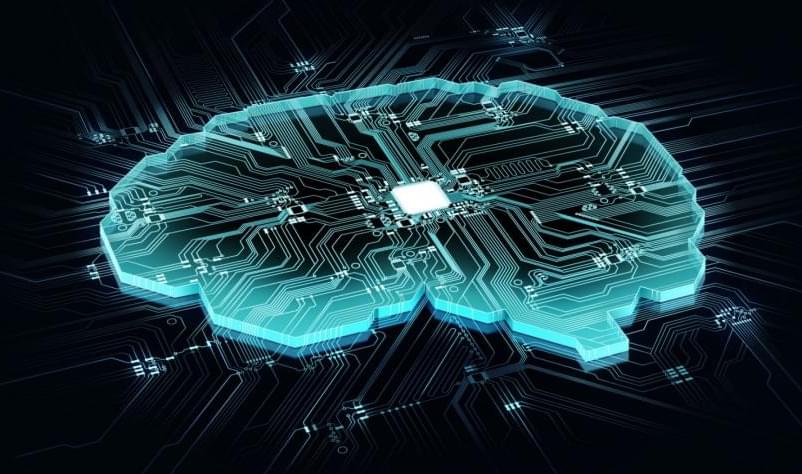

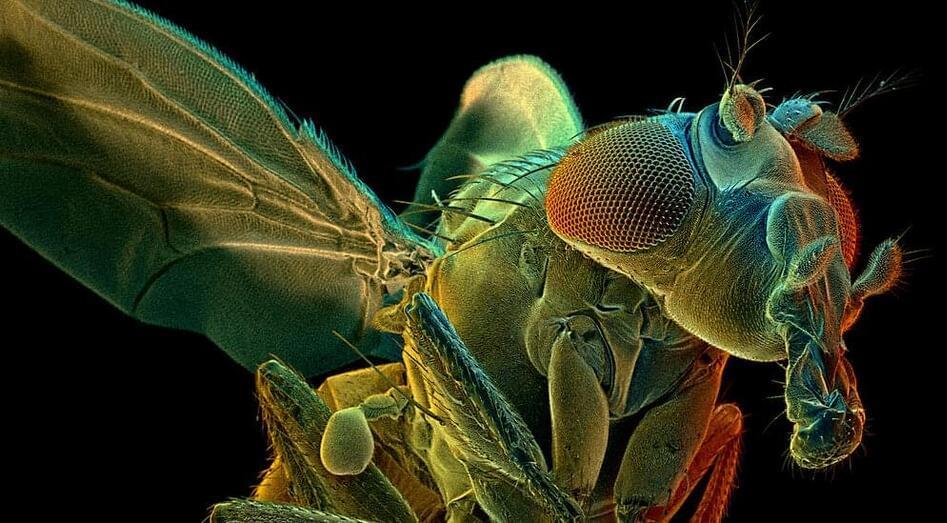

A good deal of evidence points to declining kidney function as a cause of declining cognitive function in aging. There are strong correlations between loss of kidney function and risk of dementia, for example. Correlation isn’t a smoking gun in matters of aging, however: it is possible for any one of the underlying forms of molecular damage that cause aging, or for intermediate consequences of that damage, to give rise to otherwise unrelated pathologies in different parts of the body. Those pathologies appear more often in people with greater amounts of that form of damage, and thus appear correlated.
Nonetheless, there are good reasons to think that kidney failure and its downstream consequences contribute meaningful to neurodegeneration, perhaps largely by degrading the function of the vascular system. Vascular aging can cause damage and dysfunction in brain tissue via numerous mechanisms, including the pressure damage of hypertension, similar damage resulting from an acceleration of atherosclerosis, failing to delivery sufficient nutrients and oxygen to the energy-hungry brain, and disruption of the blood-brain barrier, allowing inflammatory cells and molecules into the brain.

Japan’s Yamagata University said Friday it has found that a drug being developed for the treatment of Alzheimer’s is also effective in treating amyotrophic lateral sclerosis, more commonly known as Lou Gehrig’s disease.
The drug has been found capable of curbing the abnormal agglomeration of protein that causes the progressive neurodegenerative disease, the state-run university in northeastern Japan said.
People with ALS lose their ability to walk, talk, eat and eventually breathe as the disease kills motor neurons, causing muscles to weaken and eventually paralyze.
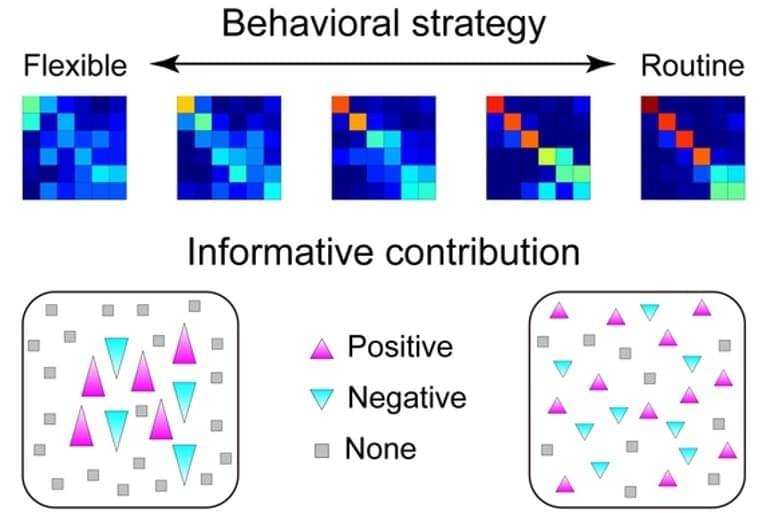
Summary: Researchers have identified a neural mechanism that supports advanced cognitive functions such as planning and problem-solving. The mechanism distributes information from a single neuron to larger neural populations in the prefrontal cortex.
Source: Mount Sinai Hosptial.
Mount Sinai scientists have discovered a neural mechanism that is believed to support advanced cognitive abilities such as planning and problem-solving. It does so by distributing information from single neurons to larger populations of neurons in the prefrontal cortex, the area of the brain that temporarily stores and manipulates information.
Researchers at Stevens Institute of Technology show that strain on ventricular walls explains where lesions develop in the aging brain.
As our brains age, small lesions begin to pop up in the bundles of white matter that carry messages between our neurons. The lesions can damage this white matter and lead to cognitive deficits. Now, researchers at Stevens Institute of Technology and colleagues not only provide an explanation for the location of these lesions but also how they develop in the first place.
The work, led by Johannes Weickenmeier, an assistant professor of mechanical engineering at Stevens, highlights the importance of viewing the brain as more than neural circuitry that underpins how thoughts are formed, and memories created. It’s also a physical object that’s prone to glitches and mechanical failures. “The brain is susceptible to wear and tear in vulnerable areas,” Weickenmeier said. “Especially in an aging brain, we need to look at its biomechanical properties to better understand how things can start to go wrong.”
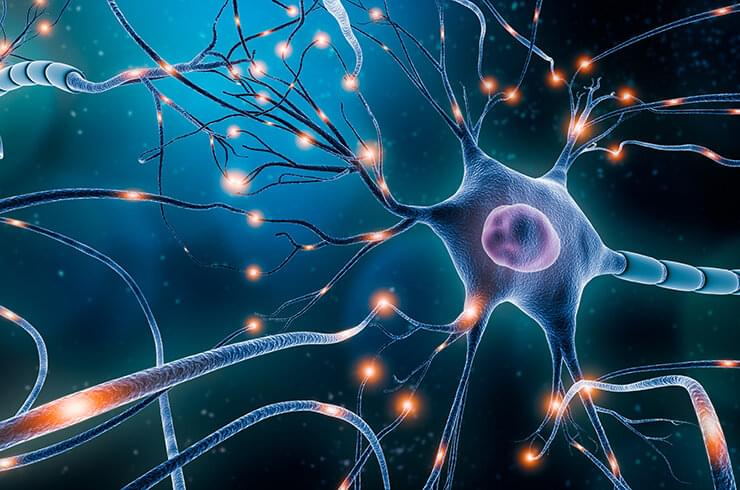
Summary: A new study brings understanding how the brain processes information one step closer.
Source: friedrich miescher institute for biomedical research.
For amplifying sensory stimuli quickly and accurately, neuronal circuits require specific wiring. Some 70 years ago, the compelling idea that “neurons that fire together wire together” emerged. Yet, in computational models, neurons that wire together tend to succumb to an explosion of activity and instability not observed in neurobiology. The lab of Friedemann Zenke now characterized a plausible yet straightforward mechanism that biology may use to avoid this issue.
Once we extrapolate computational capabilities of civilization past our own looming ‘Simulation Singularity’ by perhaps hundreds of orders of magnitude, we arrive in the end at only one necessary substance constituting all of reality — consciousness — the very subjective experience with which we all are most familiar. Nothing else would ultimately need to exist but the higher mind as the source of ultrarealistic but simulated universes like our own. https://www.ecstadelic.net/e_news/the-omega-singularity-is-o…niverse-up.
#OmegaSingularity #UniversalMind #FractalMultiverse #CyberneticTheoryofMind
Your mind is real, materiality is simulated. The coming Cybernetic Singularity could unravel one of the deepest mysteries of fractal hyperreality: consciousness alternating from pluralities to singularities and from singularities back to pluralities.
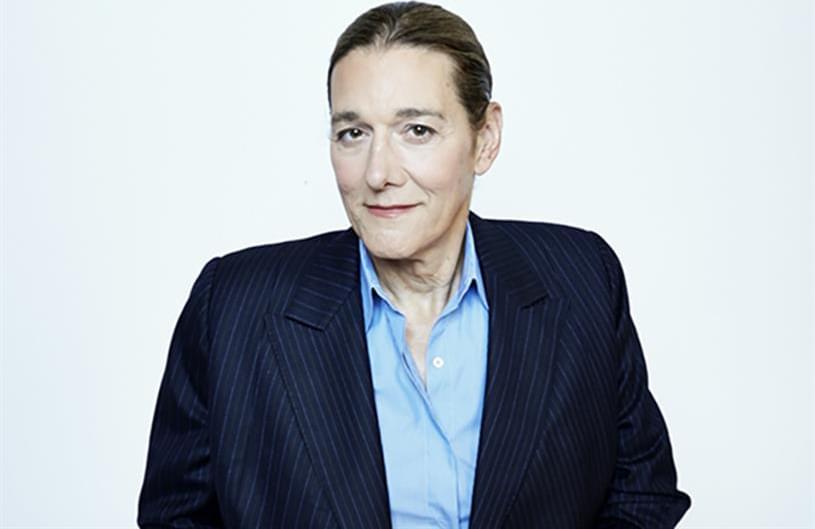
The 2021 Lifeboat Foundation Guardian Award has been given to Martine Rothblatt who has devoted her life to moving humanity towards a positive future.
Martine was the 500th person to join our Advisory Board, has contributed to our blog, and has generously supported the Lifeboat Foundation’s goal of “Safeguarding Humanity”.
Martine is cofounder of the Terasem Movement Foundation. Their mission is to promote the geoethical (world ethical) use of nanotechnology for human life extension. They conduct educational programs and support scientific research and development in the areas of cryonics, biotechnology, and cyber consciousness. This foundation is related to the Lifeboat Foundation programs LifePreserver and PersonalityPreserver (which Martine contributed text to).
The Terasem Movement Foundation publishes “The Journal of Personal Cyberconsciousness” and “The Journal of Geoethical Nanotechnology”.
Martine Rothblatt is winner of the 2021 Guardian Award.